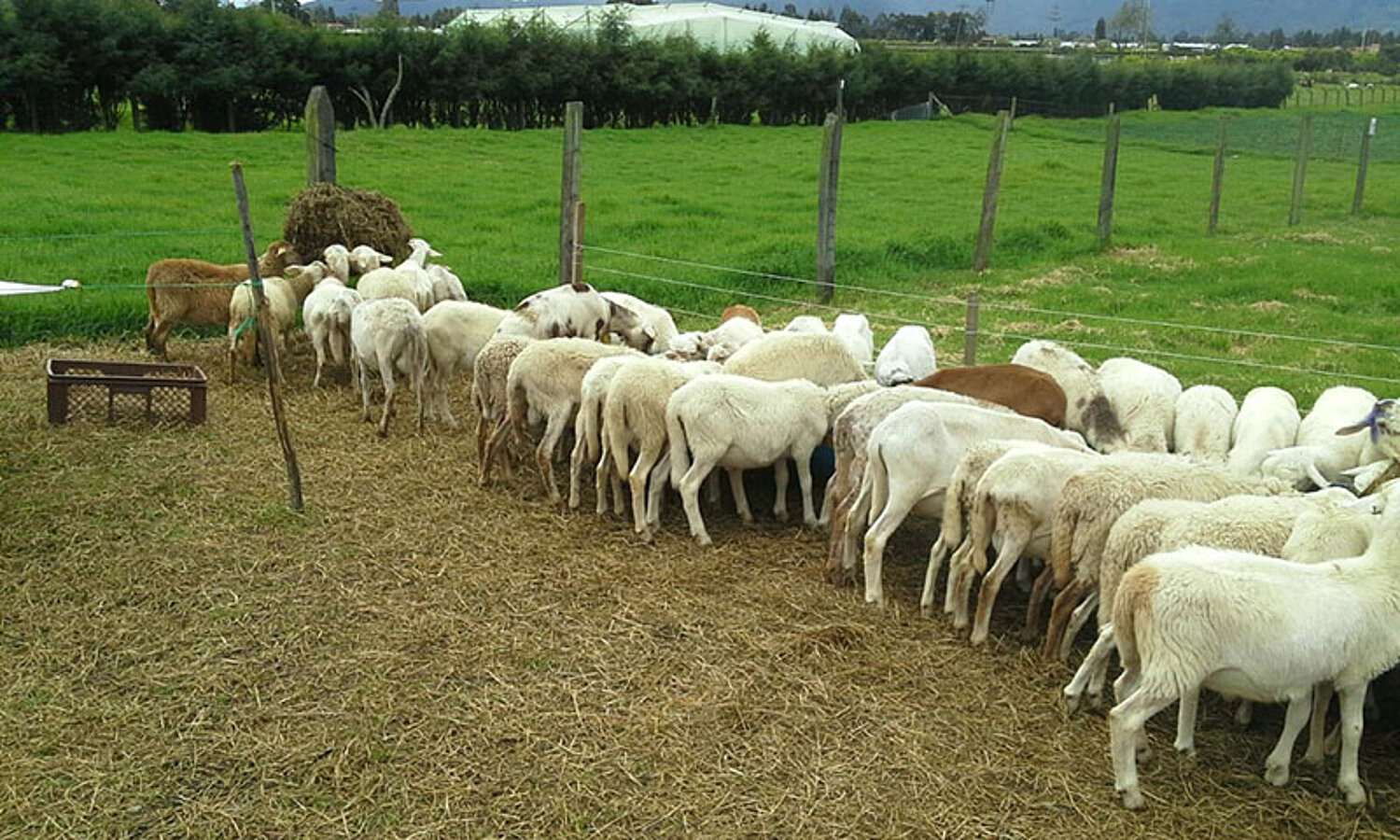
Colombia
Academic Education and CPD
Project start: 2025
Project Manager: Dr Jhon Jairo Buenhombre Vasquez (Research Coordinator of the postgraduate program in Ethology and Animal Welfare), Dr Maria Nelly Cajiao
Partner institutions: UNIAGRARIA – Fundación Universitaria Agraria de Colombia
Targeted courses: undergraduate programs in Veterinary Medicine and Animal Science, and postgraduate programs Specializations in Ethology and Animal Welfare and in Veterinary Public Health
Improvement of animal husbandry teaching facilities to a high animal welfare standards model farm, under a One Welfare approach
The Faculty of Agricultural Sciences from UNIAGRARIA offers a variety of undergraduate and postgraduate programs and research initiatives. The focus lies on animal welfare and ethology under integrative paradigms across a range of species, including farm animals, companion animals and wild animals.
Practical training for more than 1500 people, between graduate and postgraduate students, CPD courses for professionals and farmers´ training, takes place at the farm facilities. Until now, these facilities do not yet meet the high animal welfare standards to which the institution aspires.
VETS UNITED´s collaboration project with UNIAGRARIA aims at upgrading the current semi-intensive facilities by providing animals with access to pasture and environmental enrichment. It will improve the welfare of various farm animal species including 660 hens, 10 rabbits, 70 sheep and 20 cows.

This initiative promotes sustainable and ethical production and education by enhancing infrastructure and management conditions for these species, enabling them to express their full behavioral repertoire, improve physiological and health indicators, and increase environmental interaction.
Students, animal health professionals and producers will have the opportunity of a hands-on learning environment where they can apply theoretical knowledge and engage directly with everyday challenges.
Animal well-being and student learning will be closely monitored, creating a replicable model that can inspire change in agricultural education in other academic institutions and production systems to enhance their teaching-learning process.
